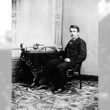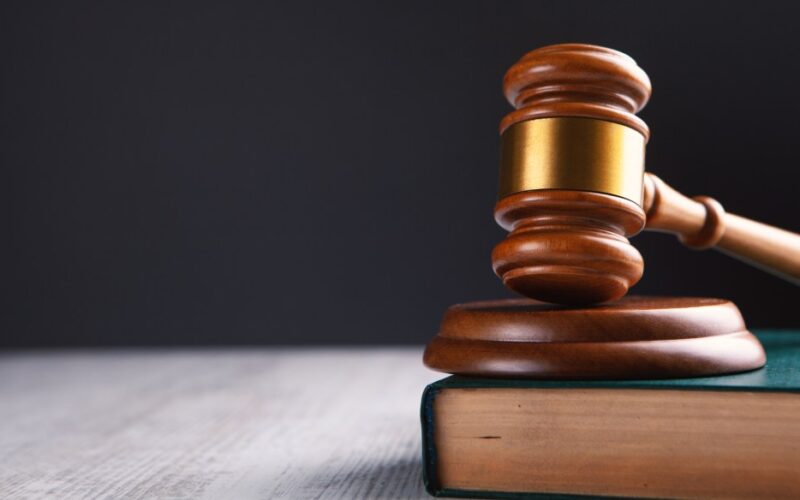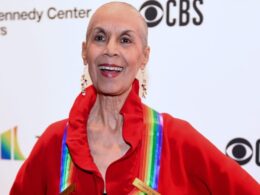In 1978, during his first months in office, former Mayor Ed Koch issued an executive order creating an independent Mayor’s Advisory Committee on the Judiciary. This committee of senior members of the bar set the precedent for recommending mayoral judicial appointments to NYC’s Criminal, Family, and Civil Courts. This reform eliminated the past practice of mayors appointing judges based on political or personal favoritism.
The bedrock of this 47-year-old good government process was followed — without deviation — by Mayors David Dinkins, Mike Bloomberg, and Bill de Blasio, requiring not only the mayors’ committee approval of all judicial appointments but also mandating approval by the 142-year-old, non-partisan City Bar Association.
This two-pronged judicial appointment process is the gold standard — supported by good government groups, such as the Citizens Union and The Fund for Modern Courts — adding a vital protection against political interference, ensuring that judicial candidates are independently and separately validated, with judges possessing the essential judicial traits of integrity, legal knowledge, experience, impartiality, and good temperament, which every judge must have.
With the election weeks away, New Yorkers must be assured that our next mayor will commit to appointing only those individuals best qualified to serve in a judicial office. We urge mayoral candidates Zohran Mamdani, Andrew Cuomo, and Curtis Sliwa to publicly pledge to follow the 1978 executive order, not only creating an independent mayor’s committee on the judiciary, but also guaranteeing the appointment of judges approved by both the mayor`s committee and the City Bar.
Although this good government reform — having two oversight bodies approving qualified judges — had exceptions, with two mayors not fully honoring this long-established process. In late 2024, Mayor Adams suddenly eliminated the City Bar’s participation, after the City Bar had given final approval to 57 of Adams’ judicial appointments over the previous three years.
Since January 2025, Adams has excluded the City Bar’s mandatory participation in this process and appointed 17 judges to the Criminal, Civil, and Family Courts only upon the recommendations of his own committee. Adams stated reasons for bypassing the City Bar were that their background investigations duplicated those of the mayor’s committee, their deliberations took too long, involved red tape, and raised confidentiality concerns.
Adams was not the first mayor to circumvent the established process. In 1995, former Mayor Rudy Giuliani rejected the recommendations of his own independent committee and refused to reappoint two sitting judges. Consequently, Adams’ and Giuliani’s reversals of past practice removed a vital check and balance, opening the door for non-meritorious or politically motivated appointments.
In our opinion, especially in the waning days of Adams’ administration, Adams must reinstate the City Bar’s mandatory oversight role, which protects against potential midnight-tainted judicial appointments.
Mayors are accountable for their appointments. It is a mayor’s sacred duty to appoint highly qualified judges having integrity and the courage of their convictions when rendering decisions — based on the facts and the law — even when those decisions conflict with the appointing mayor’s governmental or personal political agendas.
Bloomberg said, “For much of the city’s history, appointments had been made based on political considerations, not merit . . . Mayor Koch changed that — by instituting a rigorous screening process in partnership with the New York City Bar Association.”
De Blasio maintained, “the apolitical process was preferred and must be followed. The seasoned, committed, and impartial judges appointed today are what New Yorkers deserve . . . new and reappointed judges, having diverse experience, both personally and professionally, representing the best interest of all who call this great city home.”
In 1995, Koch and Dinkins stated, “We could not endorse anyone, Democrat or Republican, for mayor who decided in any way returning politics to the judicial selection process.”
We are in perilous times. Our judicial system is under intense scrutiny, and the rule of law is constantly challenged. There is no doubt that we must have a rigorous and non-partisan judicial appointment process, resulting in a strong and, most importantly, an independent judiciary. This apolitical process is a safeguard against inequity, governmental abuse, and overreach. Of paramount importance is a mandatory non-partisan judicial appointment process that ensures justice for all litigants entering our court system.
Kovner was Mayor Dinkins’ corporation counsel, former chair of The Fund for Modern Courts, former member of two mayors’ judiciary committees. Kriss was a past member of the City Bar’s Judiciary Committee and Mayor Koch’s administration’s NYPD deputy commissioner-trials. Berger was Mayor de Blasio’s special counsel and advisor.








